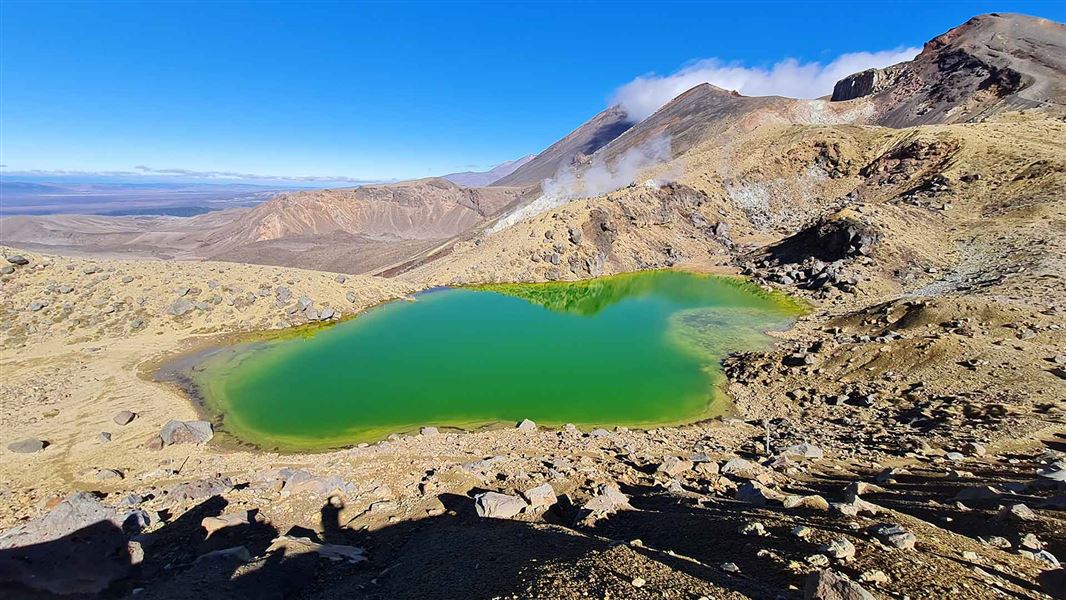Townsville is leading the way with wastewater testing to help keep our waterways free of hazardous chemicals, thanks to JCU research and the support of Townsville City Council.
James Cook University researchers are assessing the risk of emerging contaminants, chemicals and other household and industrial by-products, spreading from our wastewater to the environment.
The research by Associate Professor Madoc Sheehan and his team is about safeguarding the future, and Townsville is leading the way by investigating emerging contaminants before they become a large-scale problem.
“It’s all about being proactive,” Dr Sheehan said. “Cities around Australia were caught out with PFAS contamination and we want to make sure that doesn’t happen again with the next big contaminant.”
Dr Sheehan said there are potentially thousands of emerging contaminants that could be in wastewater, including flame retardants such as PFAS, insecticides such as DEET, antibiotics and other drugs, microplastics, and personal care products such as sunscreen.
Contaminants make their way into our sewage and are treated in wastewater plants. In Townsville, the Cleveland Bay Sewage Treatment Plant treats waste from more than 100,000 people, before releasing the treated water into the bay.
“We don’t know enough about the presence of these contaminants in our water, how well they are removed in waste water treatment plants and what they do to the environment,” he said.
Chemical Engineering PhD student Laura Kuskopf is investigating which emerging contaminants go in and out of the plant, and where they end up after they are released into the bay.
“The good news is that 65 per cent of emerging contaminants we tested for were not detected at all,” she said. “Of the 69 that were detected, they were at very low concentrations. However, tiny concentrations of some contaminants can have a significant impact on the environment.”
The research team is also investigating what happens once these contaminants get into the environment. Pharmacology PhD student Kezia Drane is studying antibiotic resistant genes as an emerging contaminant and whether that could lead to antibiotic resistance in the turtles in Cleveland Bay.
“Even at low levels, contaminants can be a problem because they can accumulate” she said. “I want to know what impact antibiotics in the wastewater could do to turtle health.”
Dr Sheehan wants to see more government regulation around the chemicals used by industry and the chemicals put into our household products.
“Like carbon pollution, it’s the ratepayers who pay for the damage associated with that pollution, while the polluters themselves get a free ride, which doesn’t seem very fair.”







